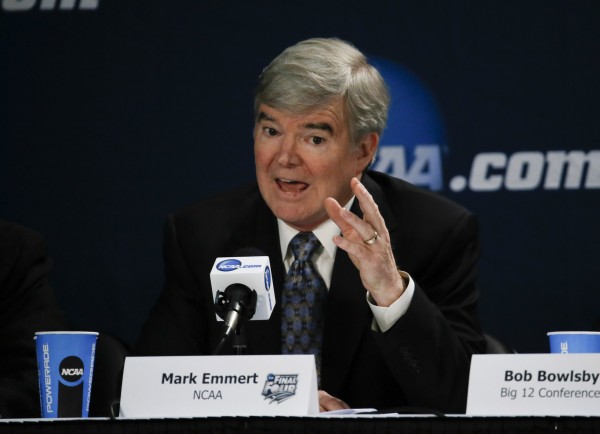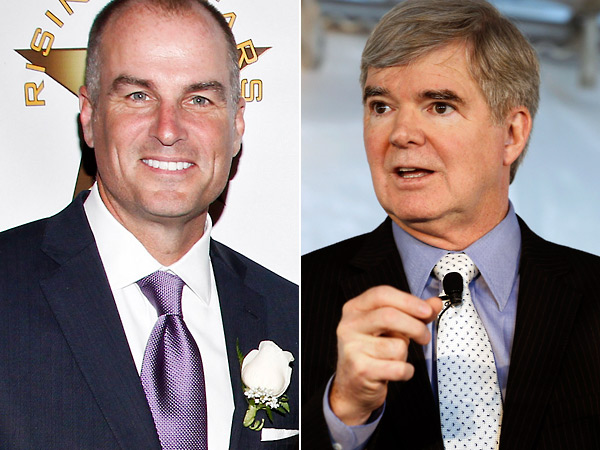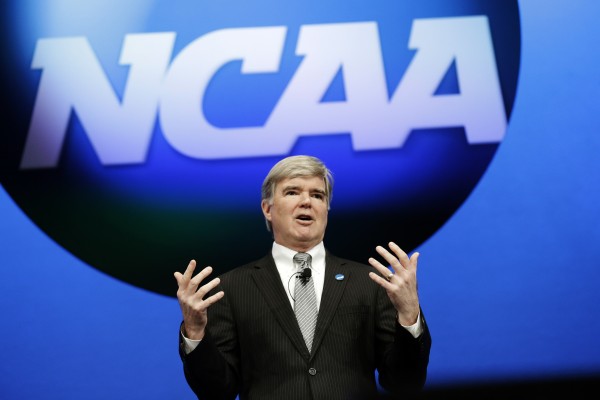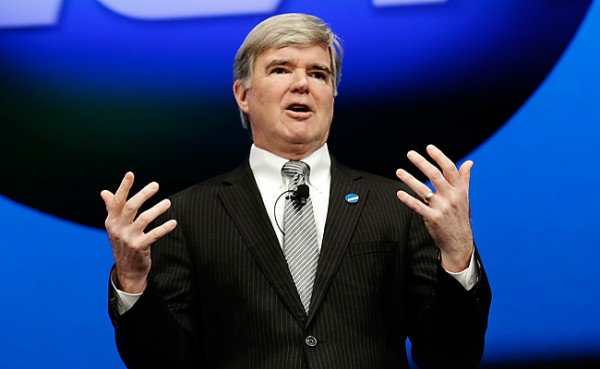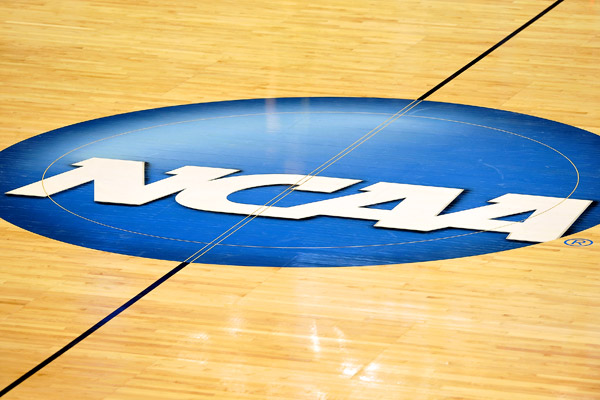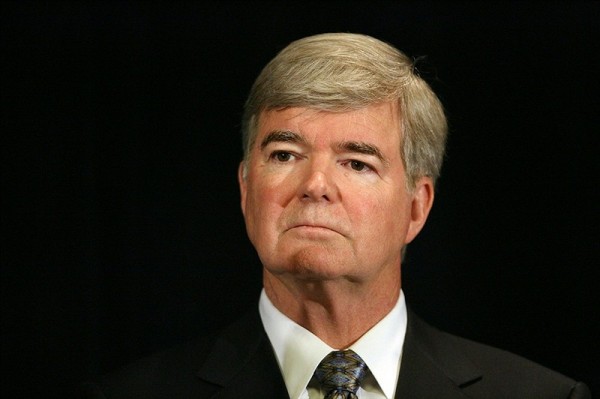A Column of Enchantment: On Mark Emmert, the Big East & Christian Slater…
Posted by Joseph Nardone on December 11th, 2014Well, it looks like the idea of amateurism that the NCAA held so close to their hearts is about to die as horrible a death as all the victims in True Romance. This is according to — kind of — Mark Emmert, who is notorious for railing against the notion of paying players anything more than the always decreasing value of a college scholarship. Over the past few days Emmert has gone on a crusade concerning college basketball players, the NBDL, and letting student-athletes test the marketplace. Altruism at its finest? Probably not.
First thing’s first. It is clear that fancy pants Emmert is entertaining the idea of letting kids test the market but remain eligible to play hoops for free because he can see the writing on the wall. Between civil suits, possible labor law infractions, as well as a combination of common sense and logic, the foundation of the NCAA is essentially crumbling. The days of universities making tons of loot off the back of free labor seems like it is to become extinct like the dinosaurs and Cuba Gooding Jr’s career. Emmert, who often has as much foresight as a lobster looking to move to the desert, is attempting to keep the NCAA as relevant as humanly possible.
Unfortunately, the reason why Emmert seems to be focusing so much on the amateur hoops is because the amateur football might already be a lost cause. Rumors have been around long enough involving the Power 5 splitting from the NCAA that Emmert knows that the governing body of college sports has probably taken enough body blows that it might want to throw in the towel on its fictional idea of amateurism. I mean, it is that broken concept which has put them in this spot anyway. Might as well take a stab at college basketball because it relies so heavily upon the NCAA Tournament for its large portions of money. So, Since the NCAA is known to make up rules as it goes, even as far as overstepping their jurisdiction, there are probably no bylaws which state that the NCAA has to stay married to whatever it actually is that they believe amateurism is supposed to be.





























